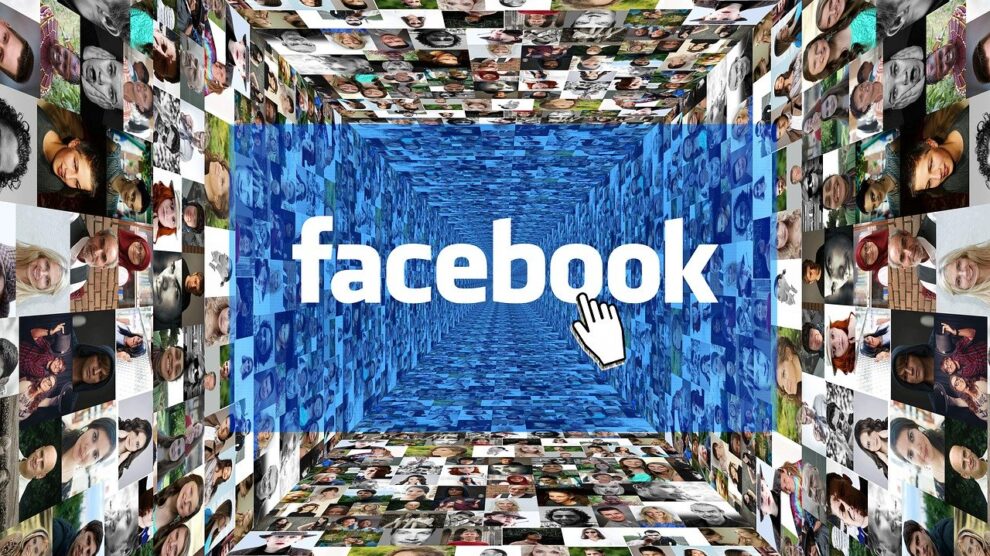Here’s the thing about algorithms: you never know when they’re going to be tweaked. So when Facebook announced it would be fine tuning its News Feed to focus on more ‘personal connections’ last month, it wasn’t unforeseen. But still, many brands and publishers were left feeling pretty shaken. Because now, the days of relying on organic reach are over.
“You’ll see less public content like posts from businesses, brands, and media. And the public content you see more will be held to the same standard—it should encourage meaningful interactions between people,” wrote Mark Zuckerberg in a post.
In an age when 45 percent of US adults get their news from Facebook, algorithm changes like these can flip the entire industry and country on its head. However, while Facebook certainly has other motives for the move – most notably, higher revenue – the tech giant really is looking out for users’ best interests. And by doing this, it’s forcing branded content to do the same.
Here’s how Facebook’s big move will make an impact on brands and publishers:
Publishers will need to invest more in paid advertising
There’s no doubt about it: Facebook’s algorithm change will cause brands and publishers to lose engagement. But the fact is, it’s already been happening. According to one report, the average number of engagements with posts by media and branded content publishers fell by more than 20% in the first half of 2017.
With organic engagement on a downward spiral, savvy marketers have always included paid promotion in their distribution plans. And whereas some companies may have been able to get away with not paying for ads in the past, publishers will definitely need to invest more in paid advertising now to make up for the lost reach.
While this might not make a huge dent on publishers’ wallets – ideally, they’re just re-allocating marketing money – it will certainly impact Facebook’s bottom-line. The average amount brands paid Facebook per ad increased 43 percent year over year in Q4 2017, and one can assume this number will only sky rocket in 2018 with the News Feed change.
The quality of branded content will improve
A few years back, clickbait-type headlines were rampant on Facebook – you know, exaggerated headlines that withhold information and practically scream at users to engage with them. Think something like: This lady got home and FAINTED when she saw her dog doing this.
Admit it, you’d click on it.
Now, think back to the last time you saw a headline like this at the top of your Facebook News Feed. Probably not in a while. That’s because in recent years, Facebook has been tackling clickbait headlines head on. With its anti-clickbait algorithm updates, Facebook has been able to identify words commonly used in clickbait headlines that aren’t used in legitimate ones. This makes them appear lower in the News Feed, and increases user experience for us all – something Zuckerberg has made clear again and again is his main priority.
Facebook’s new algorithm overhaul will work toward this same goal. Since more publishers will need to invest in paid advertising, you can almost guarantee the headlines won’t be anything déclassé – instead, the ads they’re paying to promote will be much higher quality.
Publishers will be forced to form direct connections with readers
Change is never easy in the short term. But Facebook’s big move really is going to benefit the media industry in the long term. Instead of aimlessly chasing algorithms, it will motivate publishers to form direct connections with their readers.
Publishers that diversify their distribution networks will immediately come out on top in the change. This includes focusing on direct reader engagement through newsletters, desktop notifications, podcasts, and their own apps, among many other formats. These distribution networks not only draw readers in, but also help to build loyal audiences that visit media publications outside of social media.
But still, Zuckerberg made a follow up announcement to say Facebook would “make sure the news you see, while less overall, is high quality. I’ve asked our product teams to make sure we prioritize news that is trustworthy, informative, and local.” Facebook users have started to be surveyed to discover which publishers they think are most credible – and those who are, will still be visible on the News Feed.
Facebook’s News Feed change is set to flip the media and branded content industries on their heads. However, in doing so, everyone is being held to higher standards. The quality of content will improve, and media will be forced to forge closer relationships with those they engage with. It’s a win for media, users – but most of all, Facebook.





